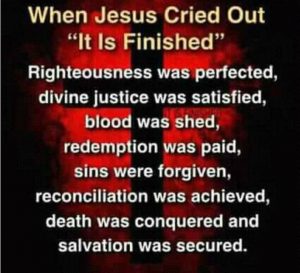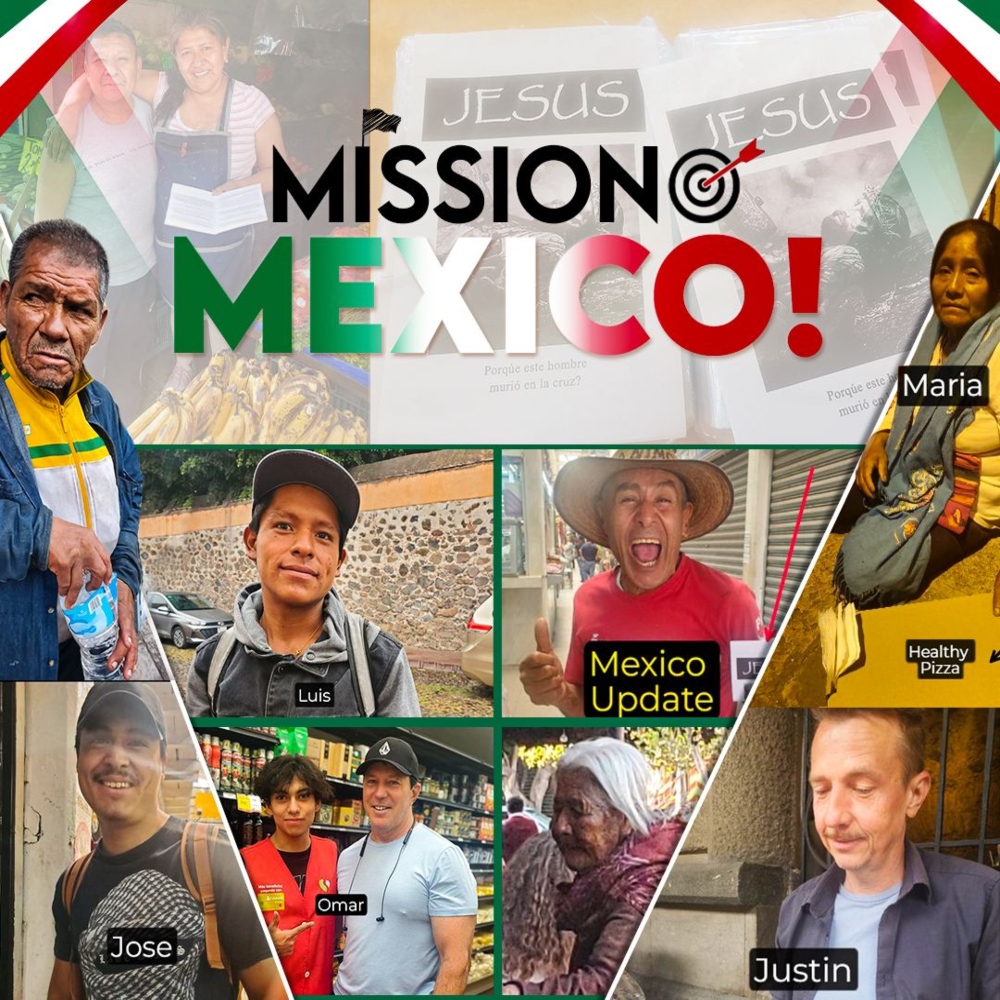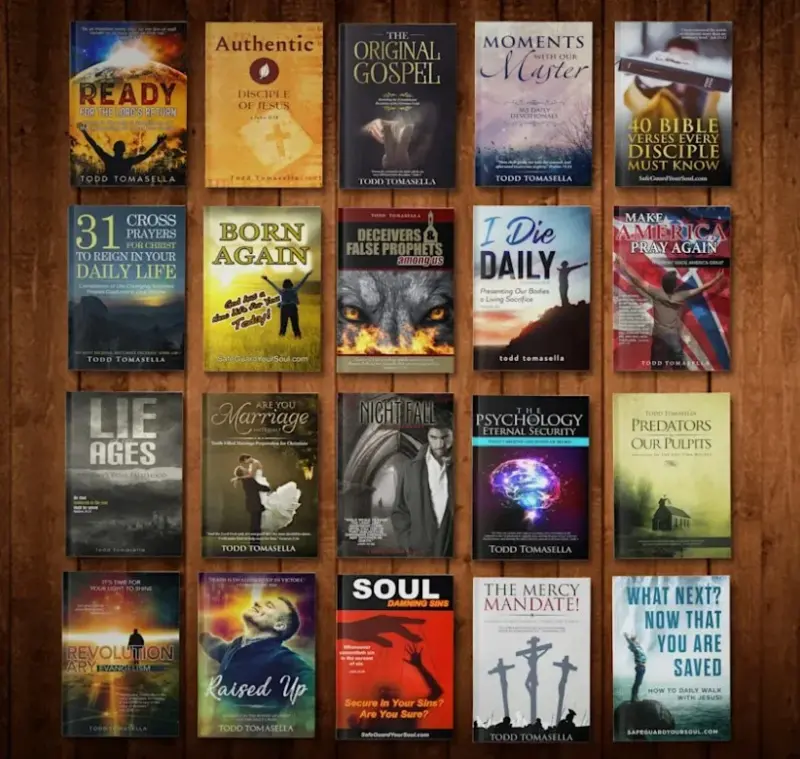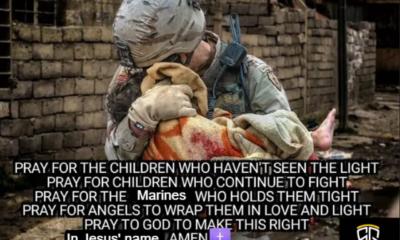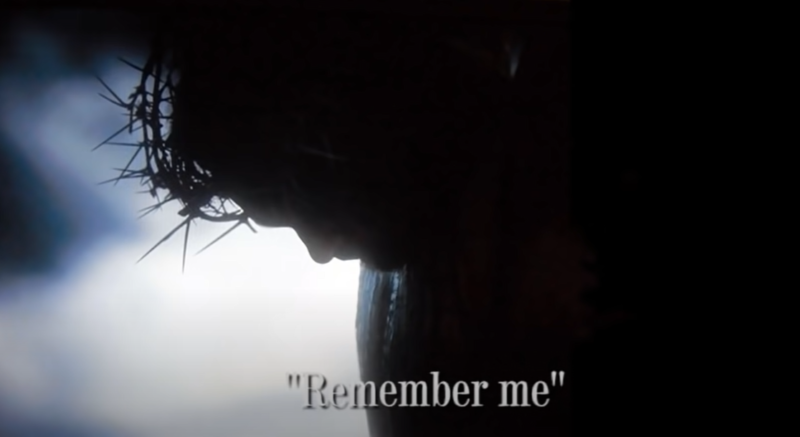
The Rich Benefits of Communion – “The Lord’s Supper”
“…The Lord’s supper.” 1 Corinthians 11:20
Many agree that the LORD seems to have given His New Testament church two ordinances…perhaps a third. An ordinance is a point of contact or physical enactment with a spiritual truth, reality. These are for born again believers and NOT in an attempt to become a Christian but only for those already born again into Christ. First, you must be born again:
1. Water baptism – to depict our own death, burial, and resurrection with Christ, and
2. Communion – where we are brought into remembrance of our LORD’s death – broken body and shed blood – which alone redeems us.
3. Feet washing – to symbolize the service of the Christian life (John 13:1-17).
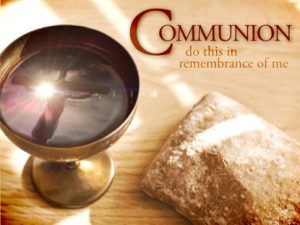
As with all things concerning Christ’s kingdom, it is of the utmost importance that the disciple of Jesus understand what God’s Word says about these topics – so that such never become a mere rote mechanical drudgery and tradition. God is after true worship (John 4:23-24).
Institution of the Lord’s Supper: Remembering Christ’s Death
“And as they were eating, Jesus took bread, and blessed it, and brake it, and gave it to the disciples, and said, Take, eat; this is my body. 27 And he took the cup, and gave thanks, and gave it to them, saying, Drink ye all of it; 28 For this is my blood of the new testament, which is shed for many for the remission of sins. 29 But I say unto you, I will not drink henceforth of this fruit of the vine, until that day when I drink it new with you in my Father’s kingdom.” Matthew 26:26-29
“this do in remembrance of me” Luke 22:19
“And he took the cup, and gave thanks, and said, Take this, and divide it among yourselves: 18 For I say unto you, I will not drink of the fruit of the vine, until the kingdom of God shall come. 19 And he took bread, and gave thanks, and brake it, and gave unto them, saying, This is my body which is given for you: this do in remembrance of me. 20 Likewise also the cup after supper, saying, This cup is the new testament in my blood, which is shed for you. 21 But, behold, the hand of him that betrayeth me is with me on the table. 22 And truly the Son of man goeth, as it was determined: but woe unto that man by whom he is betrayed! 23 And they began to enquire among themselves, which of them it was that should do this thing.” Luke 22:17-23
Note that we are to examine our hearts, something only 11 of the 12 apostles did. Judas did not keep his heart right with the LORD and therefore betrayed him, damning his soul for all eternity. Communion, if we do it as the LORD has prescribed, grants us to keep our hearts pure before the LORD. Judas will not be blessed to “drink of the fruit of the vine” with Jesus and the Father in glory. He rebelled and therefore forfeited the Great Supper of the Lamb, was judged, and so shall we be if “we neglect so great salvation” as did the five foolish virgins who were shut out of Christ’s eternal kingdom after being espoused to Him (Hebrews 2:3; Matthew 25:1-13). Remaining in an intimate, abiding relationship with Christ to the end includes obeying Him in remembering His death that redeemed us to Himself.
Jesus commands us to “Do this” on a regular basis. The divine instruction to “Do this” is all important pertaining to communion that glorifies the LORD.
The Biblical Truth about Communion
When we take communion, we “do shew the Lord’s death till he come.” …
“After the same manner also he took the cup, when he had supped, saying, This cup is the new testament in my blood: this do ye, as oft as ye drink it, in remembrance of me. 26 For as often as ye eat this bread, and drink this cup, ye do shew the Lord’s death till he come.” 1 Corinthians 11:25-26
“As often as ye eat this bread, and drink this cup” – tells us that this was not to be done repetitiously and become a dead religious ritual but rather perhaps randomly in order to worshipfully remember the death Jesus died on the cross, the blood He shed to redeem us – to purchase us back to the Father, bringing us into His eternal family. There is great danger in making the things of God a stale, rote ritual which Scripture strongly teaches against (Matthew 6:7). Retaining the rich, heartfelt spontaneity of worship is very important to our LORD. Taking communion like the pagan Catholic church, every week without fail, seems to completely negate and disregard the spontaneous worship Jesus intends. Oh and John 6 is NOT even speaking about communion.
“Now is the judgment of this world: now shall the prince of this world be cast out. 32 And I, if I be lifted up from the earth, will draw all men unto me. 33 This he said, signifying what death he should die.” John 12:31-33
In Christ’s perfect sacrifice on the cross, the claims of divine justice were satisfied to redeem mankind. God the Father judged sin on that cross.
“To wit, that God was in Christ, reconciling the world unto himself, not imputing their trespasses unto them; and hath committed unto us the word of reconciliation.” 2 Corinthians 5:19
“…he by the grace of God should taste death for every man… Forasmuch then as the children are partakers of flesh and blood, he also himself likewise took part of the same; that through death he might destroy him that had the power of death, that is, the devil.” Hebrew 2:9, 14
“For when we were yet without strength, in due time Christ died for the ungodly. 7 For scarcely for a righteous man will one die: yet peradventure for a good man some would even dare to die. 8 But God commendeth (displayed, exhibited) his love toward us, in that, while we were yet sinners, Christ died for us. 9 Much more then, being now justified by his blood, we shall be saved from wrath through him. 10 For if, when we were enemies, we were reconciled to God by the death of his Son, much more, being reconciled, we shall be saved by his life.” Romans 5:6-10
Biblical communion is a memorial of the sacrificial love of Jesus for us displayed in his crucifixion. Our remembrance of Him in communion is symbolic, not substantive.
QUESTION: Why is our remembrance of Christ’s death so important? What happens to Christianity if we neglect remembering in this way? What happens to us personally when we forget Christ’s death?
“For many Christians, to remember is an ambiguous mental activity. But in the Bible, a call to remember—especially when tied to a covenant sign or ceremony—is a vibrant, powerful, and participatory concept where we re-calibrate our lives according to what’s being remembered. According to Herman Ridderbos, in his outline of Paul’s theology, ‘It is not merely a subjective recalling to mind, but an active manifestation of the continuing and actual significance of the death of Christ.’ … The preeminent picture of redemption in the Old Testament is the exodus of Israel from Egypt, memorialized in the Passover meal. Every year the Israelites would again participate in this meal to remember who—or whose—they were. It’s not dry history to be learned but dynamic history to be lived. They participate in the meal because they are partakers in the reality of this redemption as Israelites. ‘And this day shall be unto you for a memorial; and ye shall keep it a feast to the LORD throughout your generations; ye shall keep it a feast by an ordinance for ever.’ (Exodus 12:14). … When the Lord’s Supper is served believers experience an affectionate remembrance because the gospel is recalled and reapplied. We remember the grace purchased at Christ’s death is the same grace we need when we come to the table. … Every time we take communion the gospel is proclaimed, and we believe and embrace it again—in other words, we remember. My hope is that Christians come to the Lord’s Table with eagerness and expectancy, believing this is not a dull religious ceremony but a spiritual gospel experience.”
God told His people that they were to remember what He did for them in delivering them by His blood out of Egypt (sin, the world). Remember the blood they were to place in the sign of a cross over their doorposts? In remembrance of this, the LORD set forth an ordinance for them to observe yearly. The Passover ordinance (Exodus 12) seems to be the Old Testament equivalent to New Testament communion (1 Corinthians 11). Unleavened bread of Exodus 12 meaning no sin, hence Paul’s teaching to confess all sin at times of communion.
“And he is the propitiation (atoning sacrifice) for our sins: and not for ours only, but also for the sins of the whole world.” 1 John 2:2
Showing the LORD’s Jesus’ death till He come or in light of His soon return is of ultra importance in the divine economy, for it was there on the altar of that cross that the perfect price was paid for the salvation of mankind. “It is finished (paid in full)“ (John 19:30), means the perfect sacrifice was paid in full by the precious blood of Jesus Christ which could never be matched nor duplicated!
“Forasmuch as ye know that ye were not redeemed with corruptible things, as silver and gold, from your vain conversation received by tradition from your fathers; 19 But with the precious blood of Christ, as of a lamb without blemish and without spot:” 1 Peter 1:18-19
Of the ordinance of communion, F.B. Meyer writes:
“At Corinth each family or group retained their own provisions, and a great distinction was thus made between rich and poor. This caused much heart-burning and was unworthy of Christians. Note that the Apostle received the words of institution by direct revelation. The Lord’s Supper is intended not only to commemorate the supreme act of Calvary, but to enable us spiritually to incorporate into ourselves the very life and death of Jesus, so that we may truly be crucified with Him and nevertheless live. ‘That I may know Him and the fellowship of His sufferings.’ We are liable to condemnation if we do not recognize the Body of Christ-that is, the Church-the unity of which is disturbed and obscured when there is dissension. If we judge ourselves, we escape the judgment and chastisement of the Almighty.”
“And when he had given thanks, he brake it, and said, Take, eat: this is my body, which is broken for you: this do in remembrance of me. 25 After the same manner also he took the cup, when he had supped, saying, This cup is the new testament in my blood: this do ye, as oft as ye drink it, in remembrance of me. 26 For as often as ye eat this bread, and drink this cup, ye do shew the Lord’s death till he come. 27 Wherefore whosoever shall eat this bread, and drink this cup of the Lord, unworthily, shall be guilty of the body and blood of the Lord. 28 But let a man examine himself, and so let him eat of that bread, and drink of that cup. 29 For he that eateth and drinketh unworthily, eateth and drinketh damnation to himself, not discerning the Lord’s body. 30 For this cause many are weak and sickly among you, and many sleep. 31 For if we would judge ourselves, we should not be judged. 32 But when we are judged, we are chastened of the Lord, that we should not be condemned with the world.” 1 Corinthians 11:24-32
QUESTION:
“But, what does it mean to do this ‘unworthily’?”
REPLY:
For one, it would mean that if we think we bring anything but sin to God, we will partake unworthily (Romans 7:18). We must approach Him on the basis of His sheer mercy (Ps 5:7; Titus 3:5-7) and the righteousness and perfect sacrifice of Christ alone.
“Yes it’s very important that we examine ourselves before taking communion because of the importance of what it represents. It’s extremely important that we are not hypocritical in our own hearts. I was talking about this, this morning with Val about the importance of forgiving others the way we’ve been forgiven because it’s easy to judge. But we should start with judging ourselves.” Stephen Michels
A Time to Get our Hearts Right
“Blessed are the pure in heart: for they shall see God.” Matthew 5:8
Jesus will return for those who are born again and presently pure in heart (Luke 21:24-26; Ephesians 5:25-27; 1 John 2:28-3:6, etc.).
When Jesus foretold His twelve that one of them would betray Him to death, the eleven began to ask Him if it would be them – which reveals that they didn’t know their own hearts, as is the case with us.
“And as they did eat, he said, Verily I say unto you, that one of you shall betray me. 22 And they were exceeding sorrowful, and began every one of them to say unto him, Lord, is it I?” Matthew 26:21-22
The fact that they asked Jesus “Is it I?” reveals that Christ’s disciples didn’t know their own hearts. Taking the elements in remembering our LORD Jesus Christ’s ultimate sacrifice for our sins on that cross atop Calvary, brings us face to face with the present and true state of our hearts. This is ultra important in that Scripture reveals that we are prone to be deceived about our own state of heart (Proverbs 28:26; Jeremiah 17:9; Matthew 26:21-22).
By the inspiration of the Holy Spirit, the apostle Paul writes of the importance of examining and judging our own hearts in preparation to remember our LORD Jesus’ redemption for us – who came to save us FROM our sins and not in our sins (Matthew 1:21; John 1:29; 2 Corinthians 7:1; Titus 2:14). And so all sin should be confessed in preparation.
“Wherefore whosoever shall eat this bread, and drink this cup of the Lord, unworthily, shall be guilty of the body and blood of the Lord. 28 But let a man examine himself, and so let him eat of that bread, and drink of that cup. 29 For he that eateth and drinketh unworthily, eateth and drinketh damnation to himself, not discerning the Lord’s body. 30 For this cause many are weak and sickly among you, and many sleep. 31 For if we would judge ourselves, we should not be judged. 32 But when we are judged, we are chastened of the Lord, that we should not be condemned with the world.” 1 Corinthians 11:27-32
Perhaps it is saying that those who do not repent and confess their sins do not understand why Christ came and gave His body to be broken. The reason was to set apart (sanctify) and deliver His children from all sin (Matthew 1:21; John 1:29; Titus 2:14). So, to drink the cup unworthily or without returning to the LORD (repenting), examining one’s life and confessing all known sins, is to deny or ignore the LORD and the very reason Christ came – “to take away the sin of the world” (John 1:29).
Let’s look at the Life in the Spirit Study Bible on this passage:
“EAT… DRINK… UNWORTHILY. To eat in an unworthy manner is to partake of the LORD’s table in an indifferent, self-centered, careless, and irreverent spirit, without any intention or desire of departing from known sins and of accepting the covenant of grace with all its promises and obligations. One who participates in such an unworthy manner sins terribly against the LORD. He is guilty of re-crucifying Christ and immediately comes under special judgment and retribution (vv. 29-32). Being ‘guilty of the body and blood of the LORD’ means being held responsible for His death.”
God is “Holy, holy, holy” and so being washed of all sin is essential in our relationship with Him. Such requires our regular repentance (returning afresh to Him) and confession of all sin (Isaiah 6:3; Revelation 4:8; 1 John 1:3-2:2, etc.).
Of true communion with CHRIST, David Taylor notes:
“Romans 14:17-18 teaches us that by faith we have access to God which should suffice for the pagan rituals of conjuring: for it is only food and drink, not the Holy Spirit.”
“For the kingdom of God is not meat and drink; but righteousness, and peace, and joy in the Holy Ghost. 18 For he that in these things serveth Christ is acceptable to God, and approved of men.” Romans 14:17-18
The Benefits of the Lord’s Supper by JC Ryle
“The Lord’s Supper was ordained for a continual remembrance of the sacrifice of Christ’s death, until He comes again.
“The benefits it confers are spiritual, not physical. Its effects must be looked for in our inward man. It was intended to remind us, by the visible, tangible emblems of bread and wine, that the offering of Christ’s body and blood for us on the cross, is the only atonement for sin, and the life of a believer’s soul. It was meant to help our poor weak faith to closer fellowship with our crucified Savior, and to assist us in spiritually feeding on Christ’s body and blood.
“It is an ordinance for redeemed sinners, and not for unfallen angels. By receiving it we publicly declare our sense of guilt, and need of a Savior – our trust in Jesus, and our love to Him – our desire to live upon Him, and our hope to live with Him. Using it in this spirit, we shall find our repentance deepened, our faith increased, our hope brightened, our love enlarged, our besetting sins weakened and our graces strengthened. It will draw us nearer to Christ.”
Water Baptism | The Catholic Church Exposed | Catholic Communion Exposed
Support | STORE | Podcasts | Jail/Prison Ministry | Mexico Mission here | All Ministry Updates | The Greatest of these is Charity | Be Ready in the Morning [podcast] | The Sure Mercies of David [podcast] | That Repentance and Remission of Sins should be Preached [podcast] | At His Feet | Prepared to be Used of God
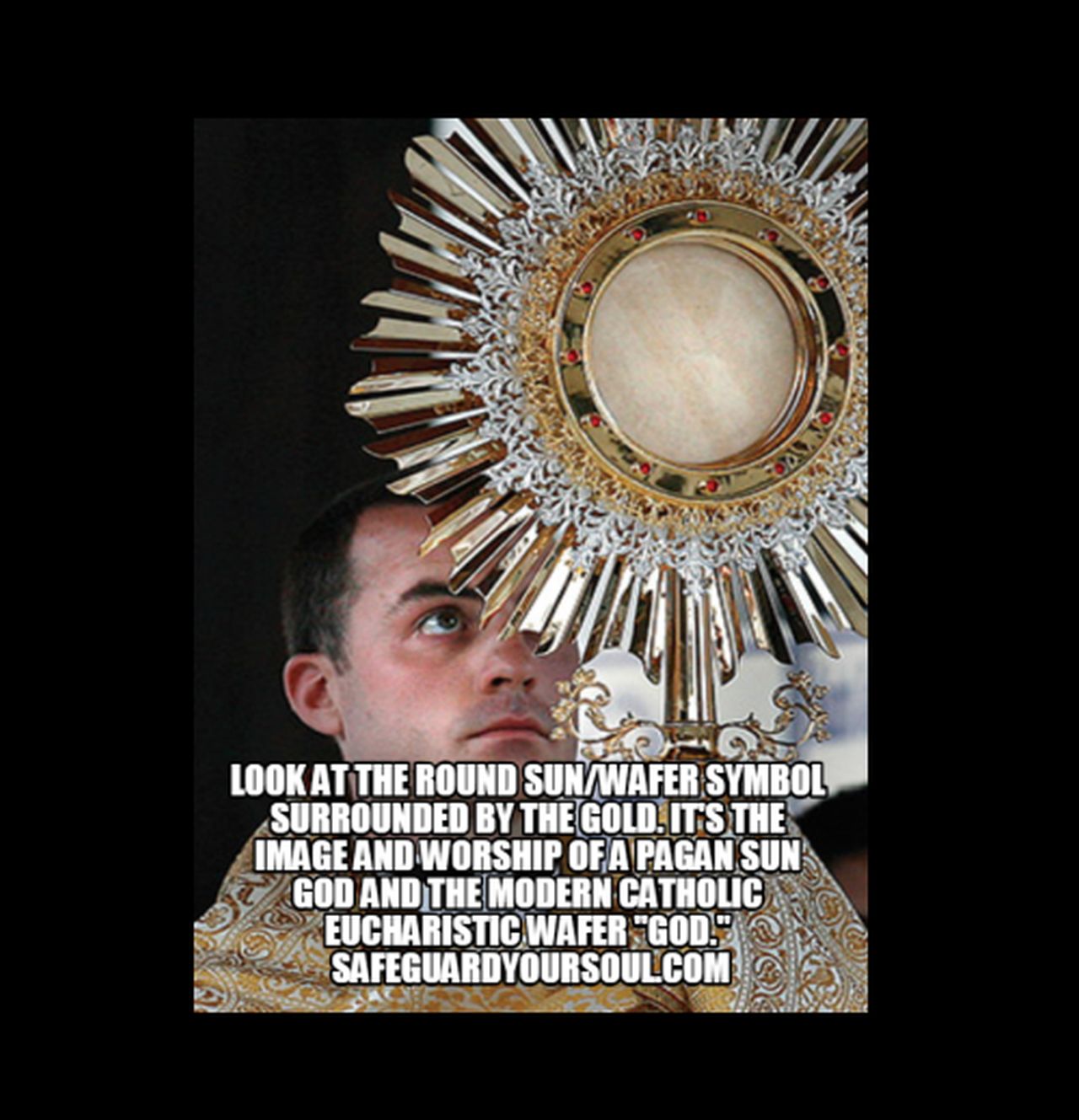
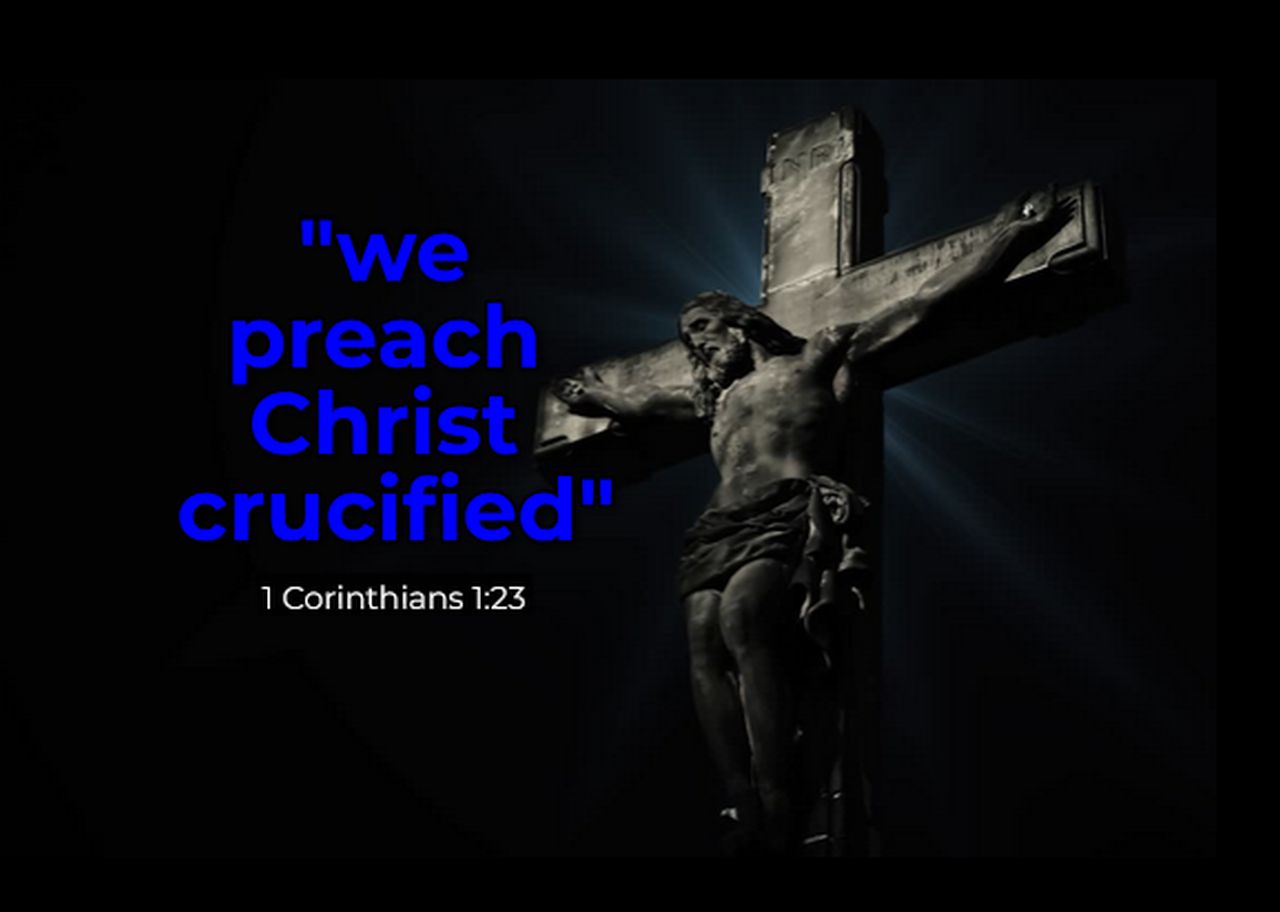

Abiding
Safety in Wise Counsel [podcast]
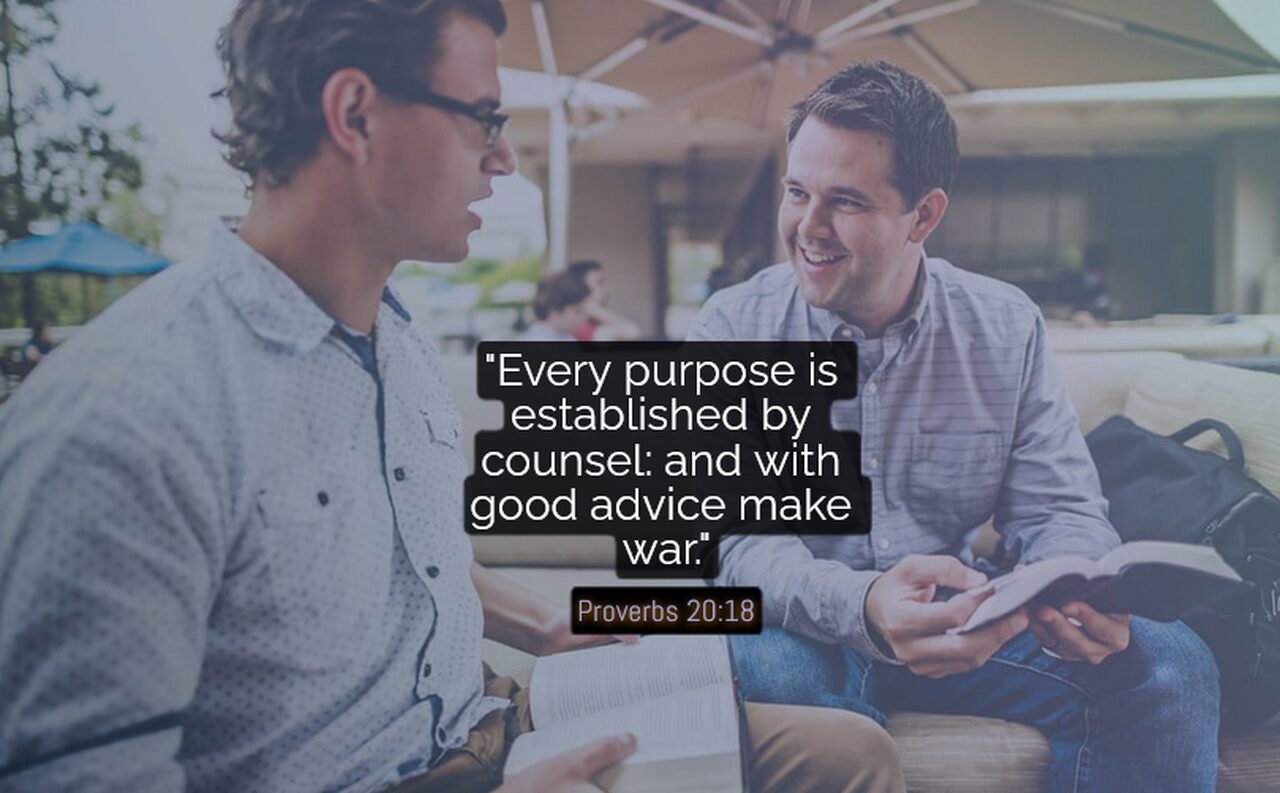
“Every purpose is established by counsel: and with good advice make war.” Proverbs 20:18
“The steps of a good man are ordered by the Lord: and he delighteth in his way.” Psalms 37:23
“So teach us to number our days, that we may apply our hearts unto wisdom.” Psalms 90:12
“Safety” in wise counsel from God’s wisdom, Word, and including at times with the help of His beloved saints.
“Where no counsel is, the people fall: but in the multitude of counsellors there is safety.” Proverbs 11:14
“The horse is prepared against the day of battle: but safety is of the LORD.” Proverbs 21:31
“For by wise counsel thou shalt make thy war: and in multitude of counsellors there is safety.” Proverbs 24:6
Caprice means a sudden and unaccountable change of mood or behavior.
“Who is a wise man and endued with knowledge among you? let him shew out of a good conversation his works with meekness of wisdom. 14 But if ye have bitter envying and strife in your hearts, glory not, and lie not against the truth. 15 This wisdom descendeth not from above, but is earthly, sensual, devilish. 16 For where envying and strife is, there is confusion and every evil work. 17 But the wisdom that is from above is first pure, then peaceable, gentle, and easy to be intreated, full of mercy and good fruits, without partiality, and without hypocrisy. 18 And the fruit of righteousness is sown in peace of them that make peace.” James 3:13-18
Support | STORE | Podcasts | Jail/Prison Ministry | Mexico Mission here | All Ministry Updates | 100’s of Christ-centered Podcasts | Bible Books Narrated | Bible Study Helps | The Book of James Narrated [podcast] | The Book of Revelation Narrated [podcast] | Colossians Overview [podcast]

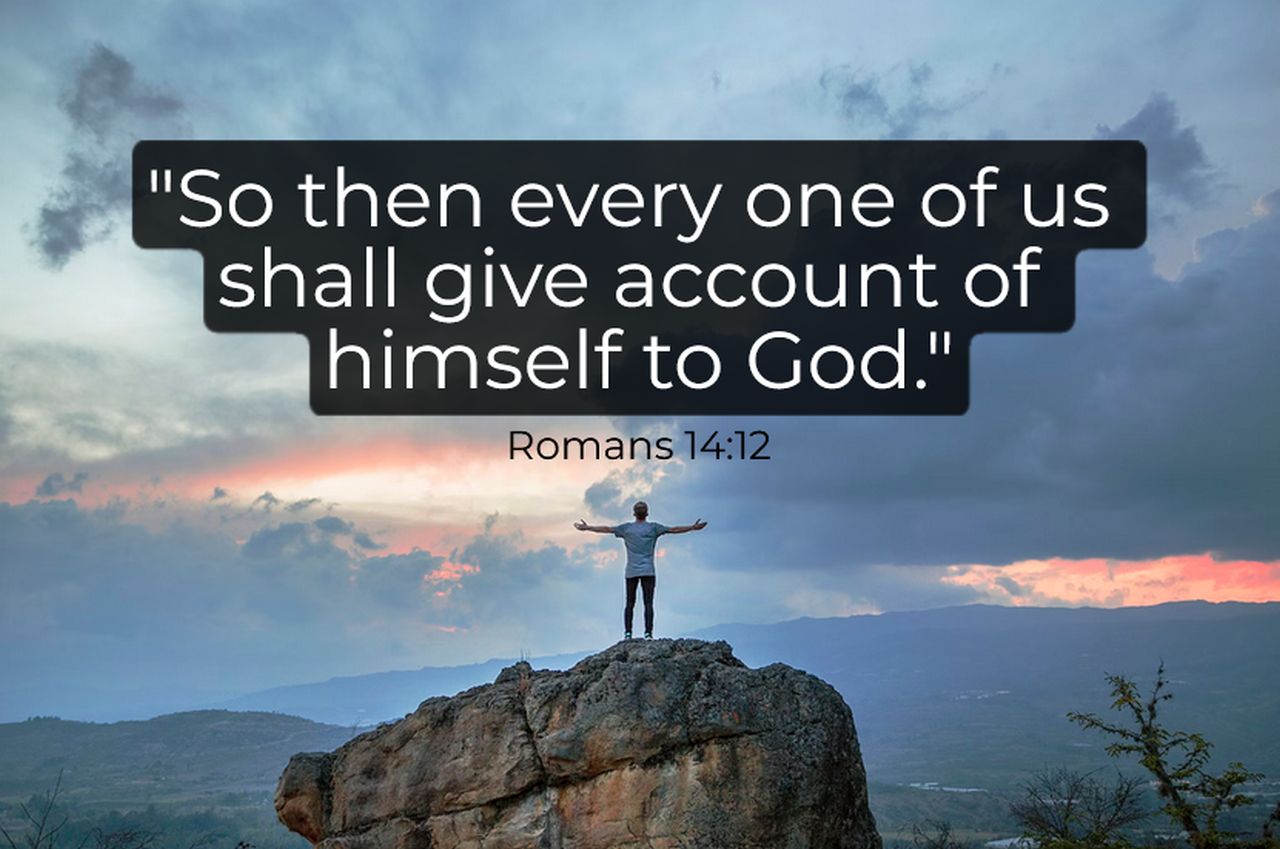
Abiding
The Killing Power of the Holy Ghost with Judge Travis Bryan III [podcast]
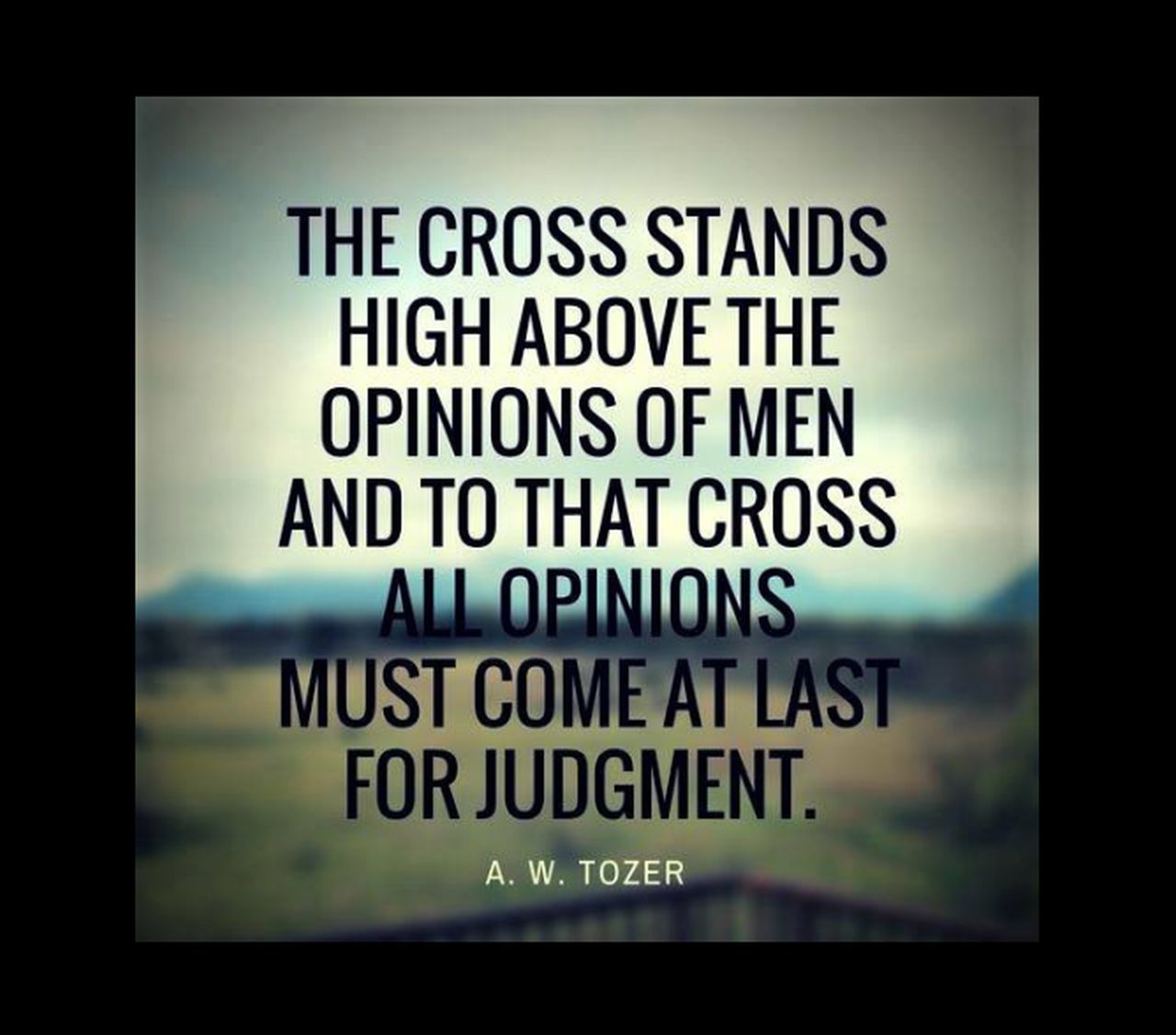
“For if ye live after the flesh, ye shall die: but if ye through the Spirit do mortify the deeds of the body, ye shall live.” Romans 8:13
“Always bearing about in the body the dying of the Lord Jesus, that the life also of Jesus might be made manifest in our body. 11 For we which live are alway delivered unto death for Jesus’ sake, that the life also of Jesus might be made manifest in our mortal flesh. 12 So then death worketh in us, but life in you.” 2 Corinthians 4:10-12
“The cross of Christ is the sweetest burden that I ever bore; it is such a burden as wings are to a bird, or sails to a ship, to carry me forward to my harbor.” Samuel Rutherford
Momentum in the power of the Holy Spirit comes from a continual perpetual downward dying motion, being then raised up reciprocally in the resurrection grace of Jesus Christ.
“The flesh loses its power over you when it is crucified. Christ’s power begins to reign. The worries and stress of this life leave. And you begin to have the peace that passes all understanding. Philippines 4:7 Amen! A crucified life! Hallelujah all praise to Jesus.” Karen Cochran
God’s plan for your life….here it is:
“I am crucified with Christ: nevertheless I live; yet not I, but Christ liveth in me: and the life which I now live in the flesh I live by the faith of the Son of God, who loved me, and gave himself for me.” Galatians 2:20
The ministry has put together 3 volumes sure to deepen your life in Christ, in the crucified life. 3 volumes to boost your life in Christ, in the cross He commanded us to take up – and by which He raises us upward in His glorious power and grace (Luke 9:23-24).
Support | STORE | Podcasts | Jail/Prison Ministry | Mexico Mission here | All Ministry Updates | The Crucified Life | Fasting and Prayer | True Repentance | Discipleship | Got Breakthrough? Here it is!
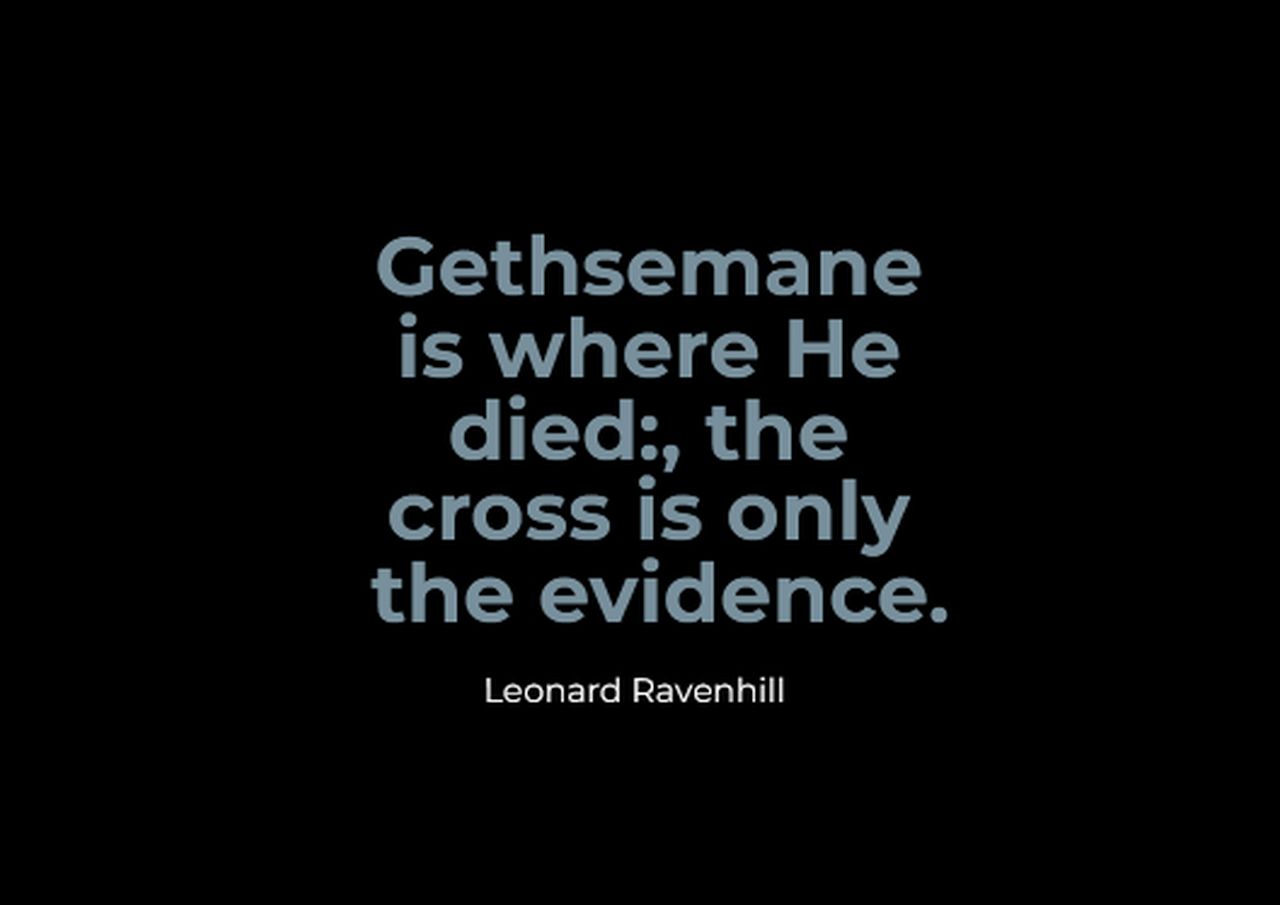

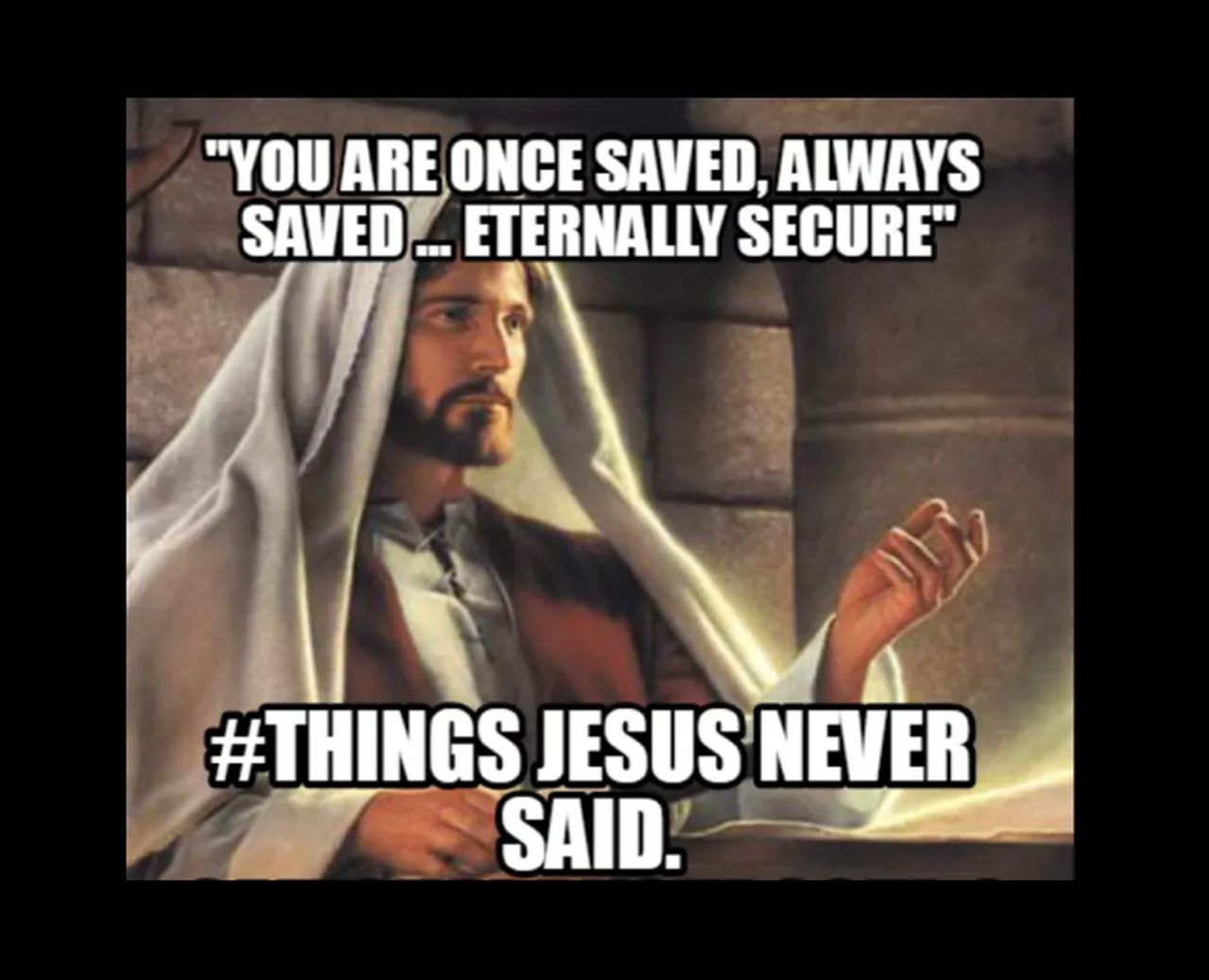
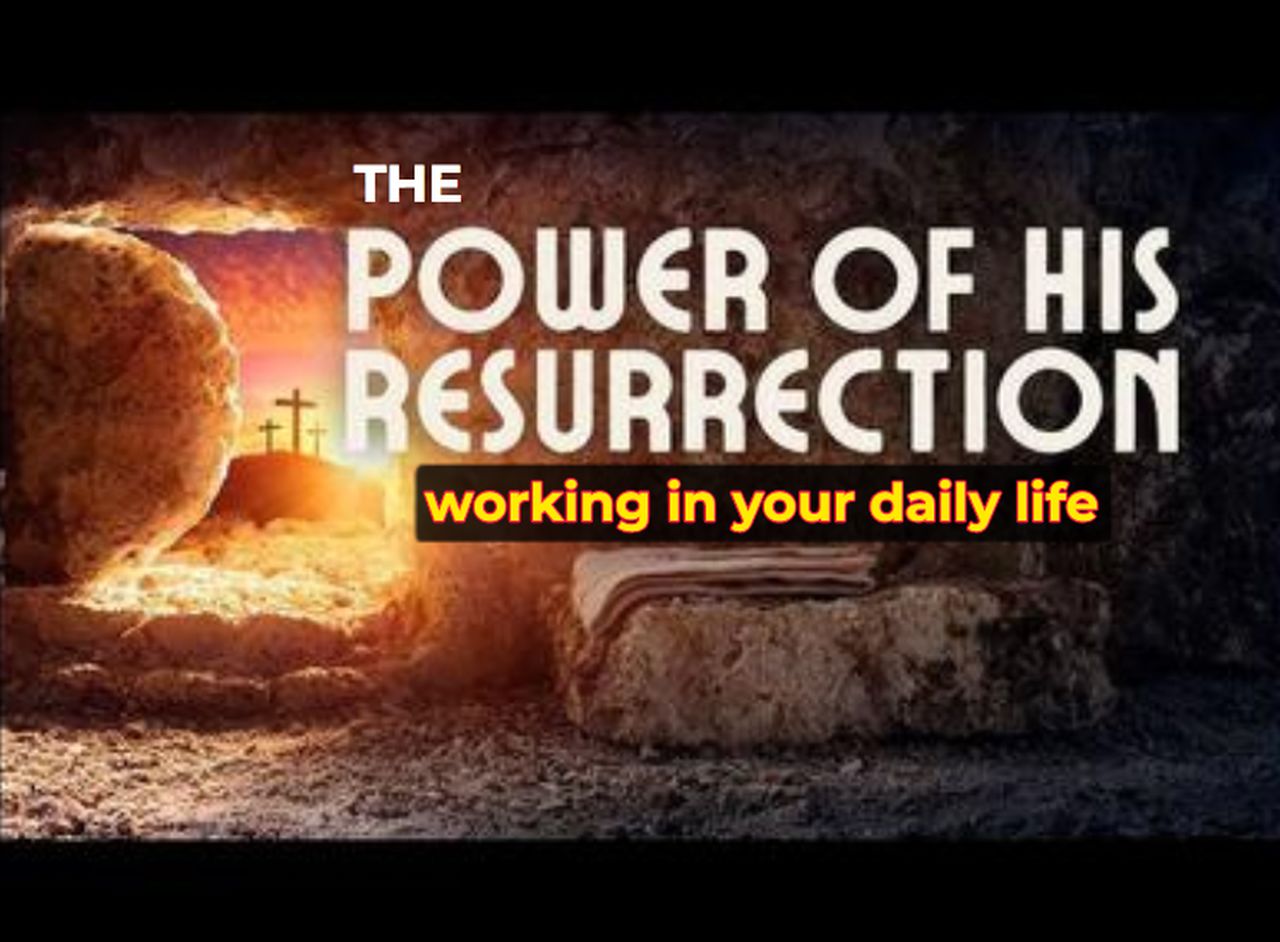
Abiding
The LORD Lift Up His Countenance Upon Thee, and Give Thee Peace [podcast]

“For we ourselves also were sometimes foolish, disobedient, deceived, serving divers lusts and pleasures, living in malice and envy, hateful, and hating one another. 4 But after that the kindness and love of God our Saviour toward man appeared, 5 Not by works of righteousness which we have done, but according to his mercy he saved us, by the washing of regeneration, and renewing of the Holy Ghost; 6 Which he shed on us abundantly through Jesus Christ our Saviour; 7 That being justified by his grace, we should be made heirs according to the hope of eternal life.” Titus 3:3-7
“The LORD bless thee, and keep thee: 25 The LORD make his face shine upon thee, and be gracious unto thee: 26 The LORD lift up his countenance upon thee, and give thee peace. ” Numbers 6:24-26
Support | STORE | Podcasts | The Return of Christ | Stewardship | Where to Give and Where Not to Give | Fruit Abounding to Your Account! | Victory in Jesus | Discipleship | The Glorious Grace of God | The Restoring Love of Our God | God’s Mercy | Spiritual Warfare | Justification | Grace and Good Works [podcast]


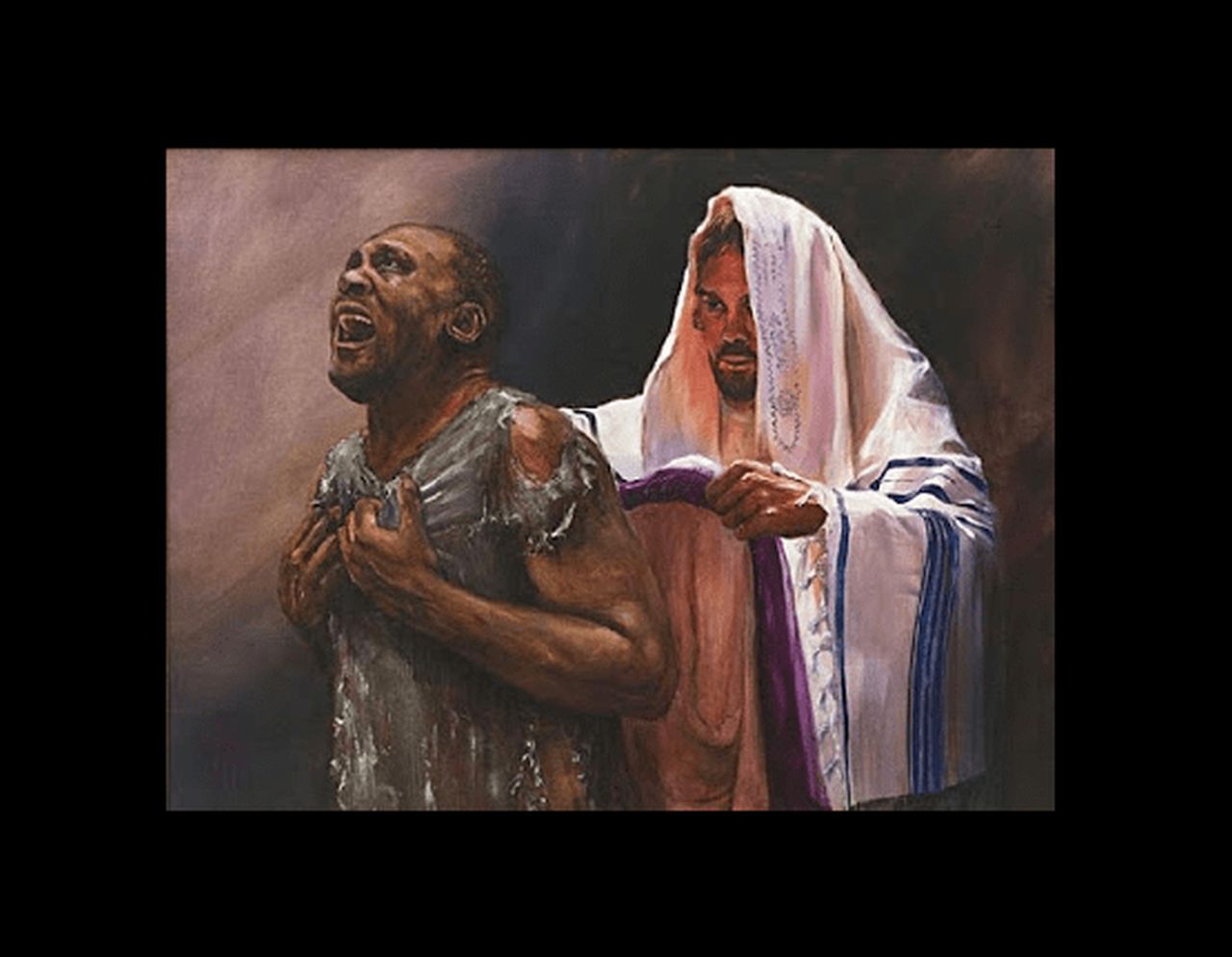


 America12 months ago
America12 months agoThe Drugging of America: The Pharmakeia Sorcery Deception [podcast]

 Articles2 years ago
Articles2 years agoChildren being Rescued in Tunnels: Happening Now – UPDATE!

 Articles8 years ago
Articles8 years agoSelf-Examination in Preparation for the Lord’s Return

 Apostasy2 years ago
Apostasy2 years agoSHOCKING List of False Prophets Most Believe are True










